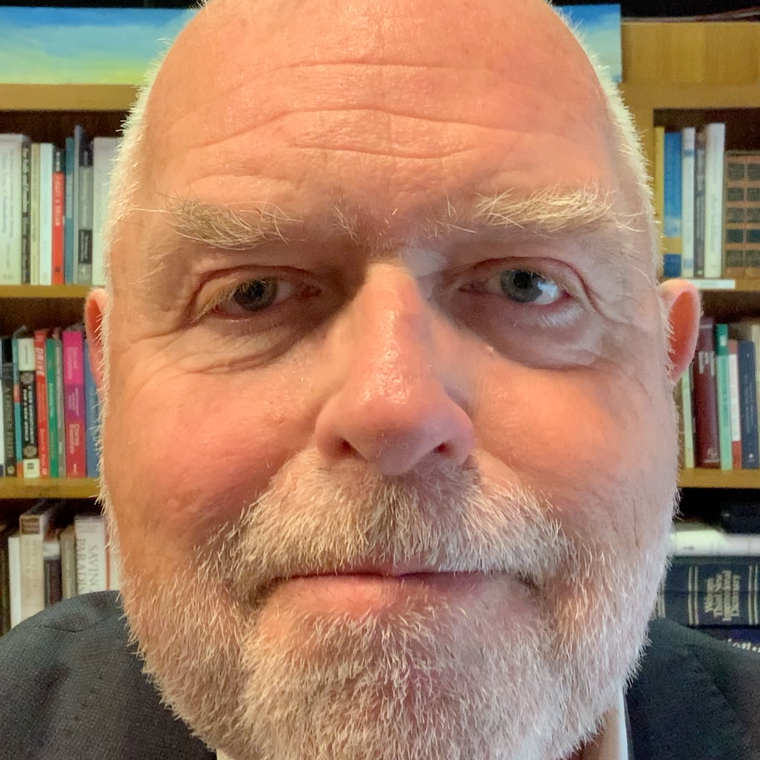
Rev. Dr. John Morehouse, Senior Minister
Some of you were in church this past Sunday and learned more about gender identity and equity. Gender identity is the preferred expression of an individual regardless of their biological sex or sexual orientation. Those who are not binary in their identity often express themselves in a pronoun that is neither male nor female. One such pronoun expression is “they” (and “their," “theirs,” “them”).
The use of the plural pronoun for a singular person seems jarring to some of us. It certainly did to me the first time I heard it. After all, our language has coded us with certain habitual uses, including the use of a singular pronoun to describe ourselves or others (i.e. “he, his, him” or “she, her, hers”). But the very fact that we are compelled to express ourselves in this way forces us into a binary view of gender identity. For those with gender identities that don’t conform to these polarities, the use of “they” is one expression that indicates that person’s identity lies between the two polarities.
I am told that my great, great, great uncle was Noah Webster. I am sure he would be horrified by my poor spelling abilities but I am not sure, if he were alive today, he would reject this use of “they." After all, it was Noah Webster himself who wrote: “Language is not an abstract construction of the learned, or of dictionary makers, but is something arising out of the work, needs, ties, joys, affections, tastes, of long generations of humanity, and has its bases broad and low, close to the ground.” The changing nature of gender identity is not some abstract construction but born of the very reality that so many transgender people live in. Shouldn’t our pronouns reflect that reality? Well, the Merriam Webster Dictionary agreed, and in September 2019 added “they” as a possible singular pronoun used to refer to “a single person whose gender identity is nonbinary, or to a person whose gender is unknown or is intentionally not revealed.”
More than a few parents in our congregation have come to me asking for help as they navigate the transition of a child towards a new gender identity. It seems to me that using the pronoun that best fits that emerging identity is the very least we as a people of faith can do to welcome them into the fullness of their truest expression in life. Isn’t that what believing in the inherent worth and dignity of all is really about?
As always I am open to hearing from you regardless of your point of view. Send me an email and let’s talk.
See you in church, Rev. John
